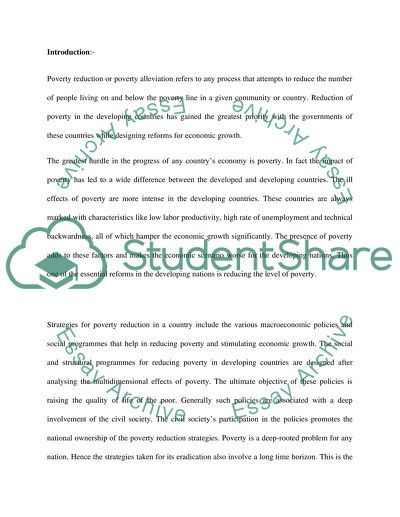Cite this document
(“The Role NGOs Play in Poverty in Developing Countries Essay”, n.d.)
Retrieved from https://studentshare.org/social-science/1509845-the-role-ngos-play-in-poverty-in-developing-countries
Retrieved from https://studentshare.org/social-science/1509845-the-role-ngos-play-in-poverty-in-developing-countries
(The Role NGOs Play in Poverty in Developing Countries Essay)
https://studentshare.org/social-science/1509845-the-role-ngos-play-in-poverty-in-developing-countries.
https://studentshare.org/social-science/1509845-the-role-ngos-play-in-poverty-in-developing-countries.
“The Role NGOs Play in Poverty in Developing Countries Essay”, n.d. https://studentshare.org/social-science/1509845-the-role-ngos-play-in-poverty-in-developing-countries.


